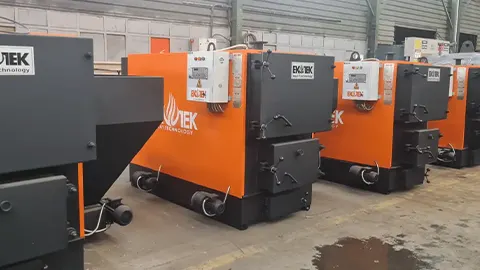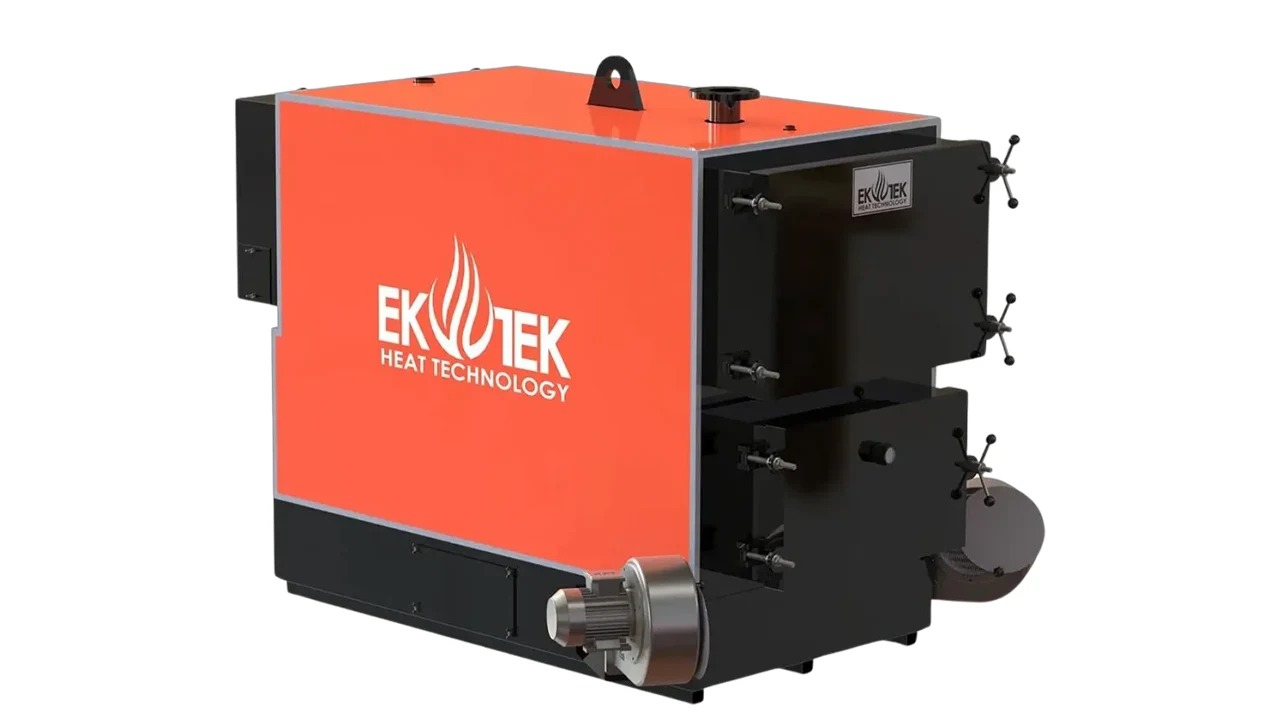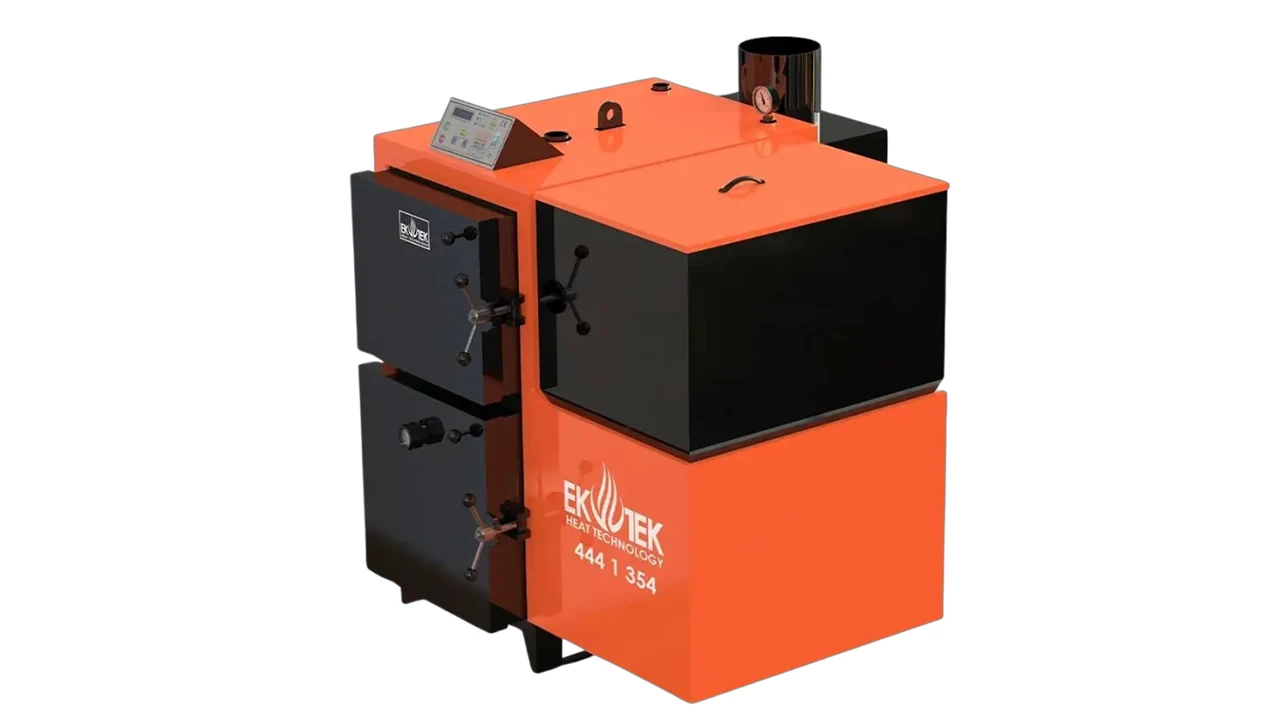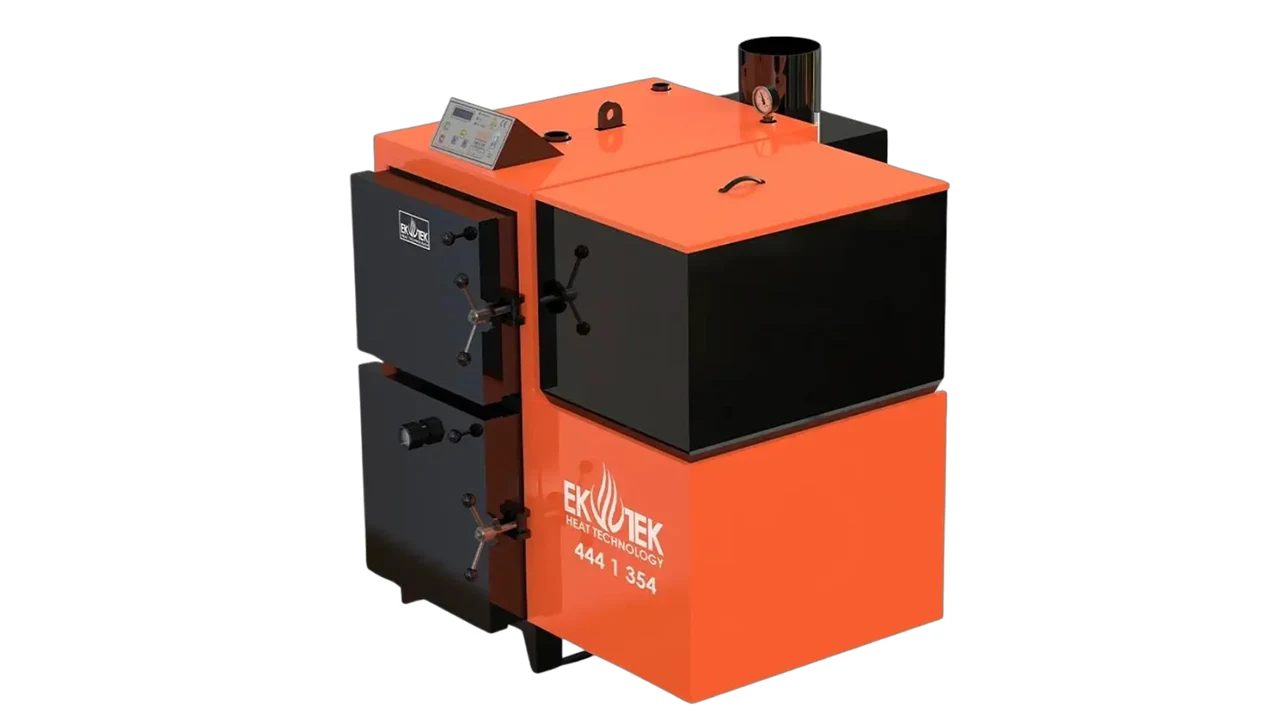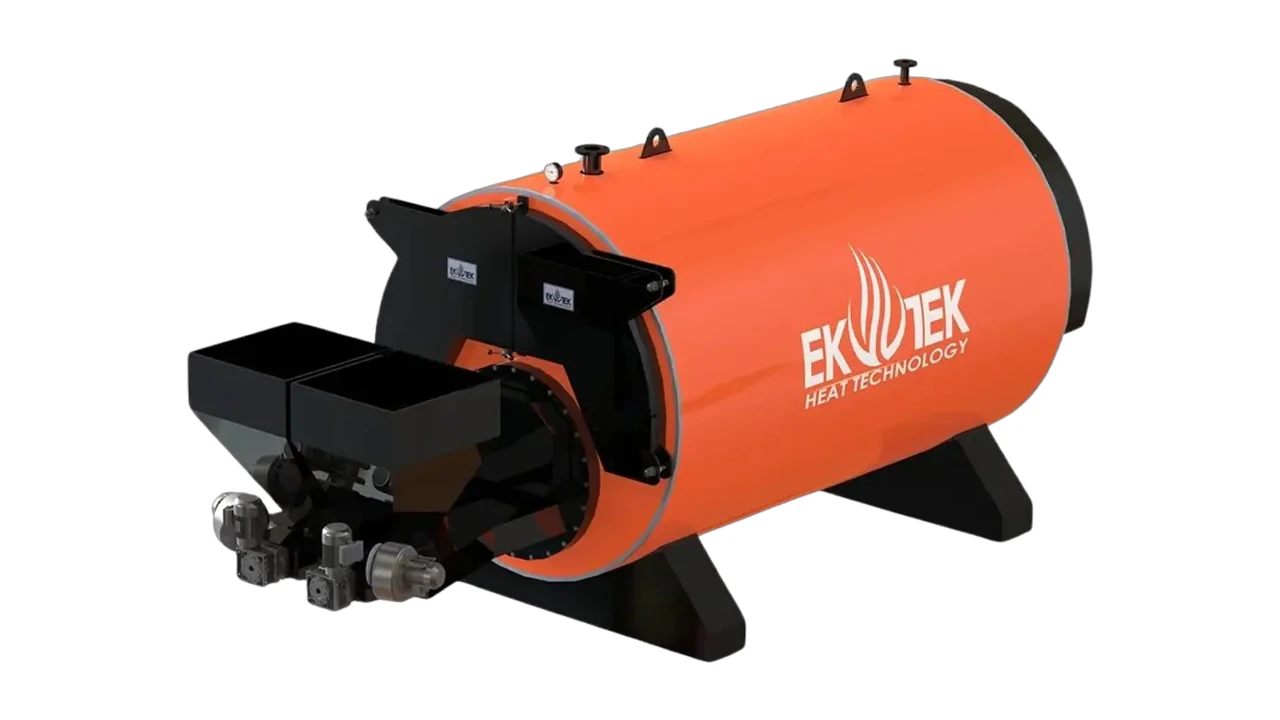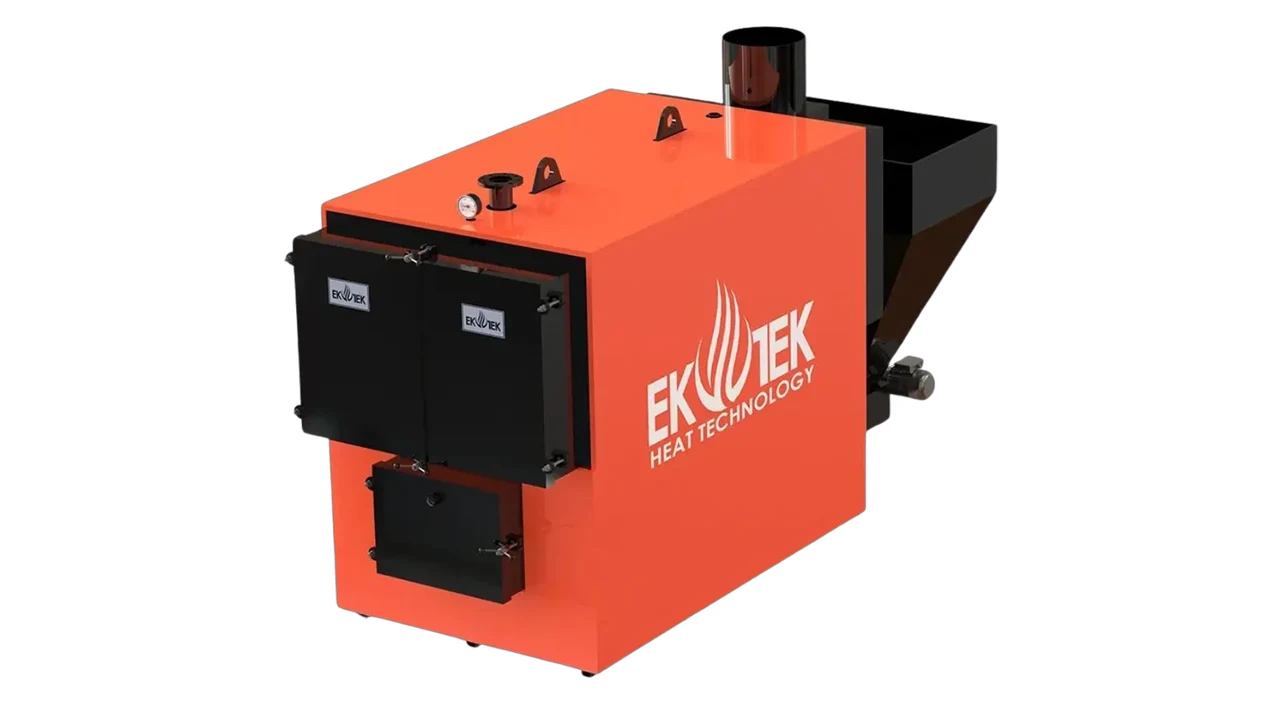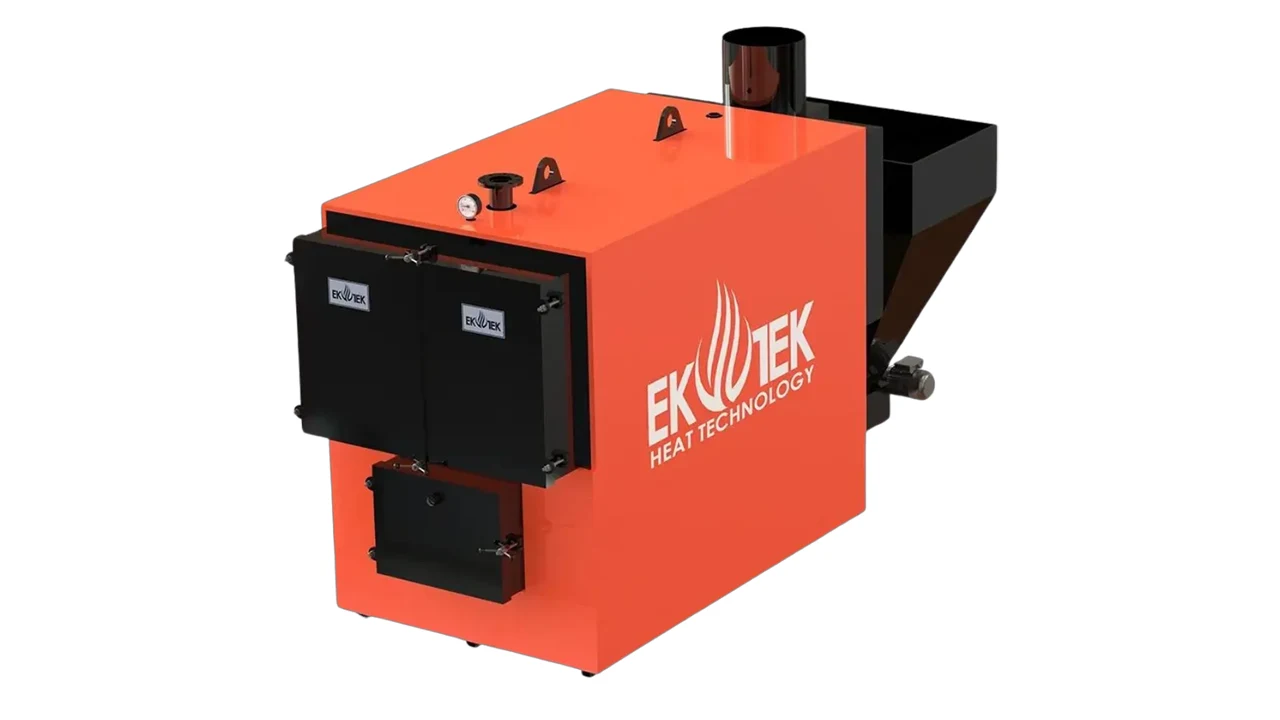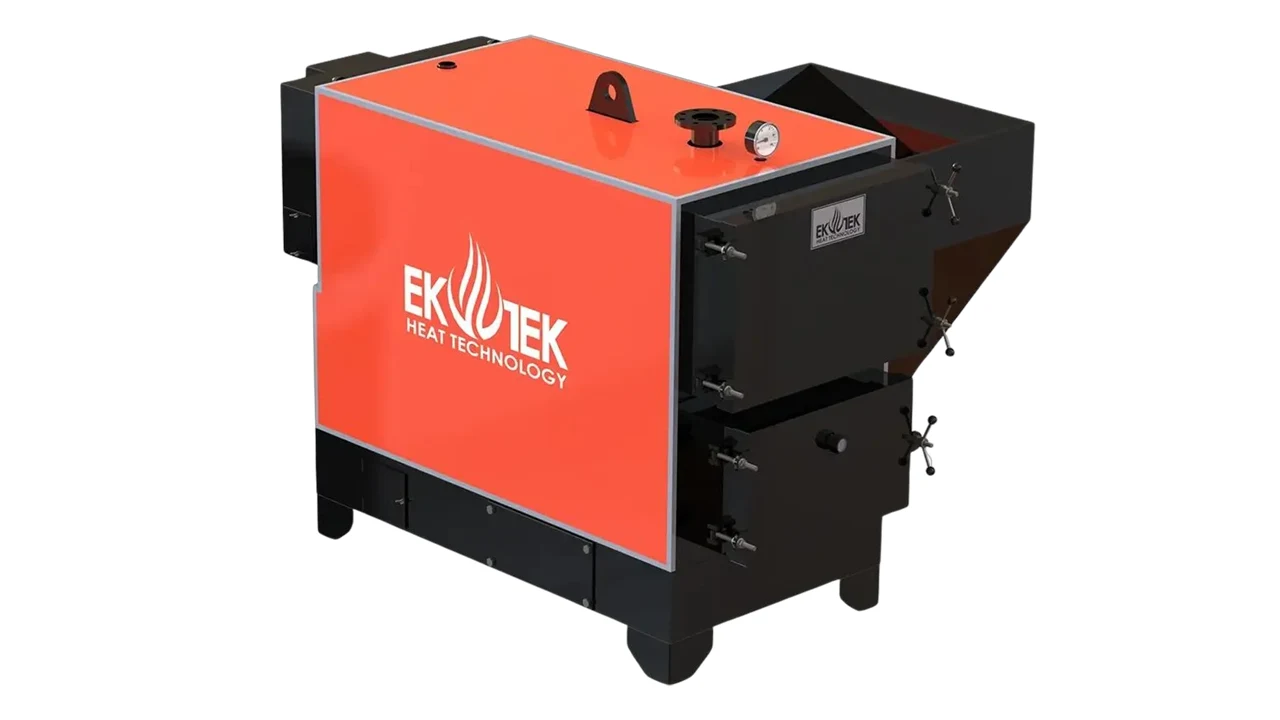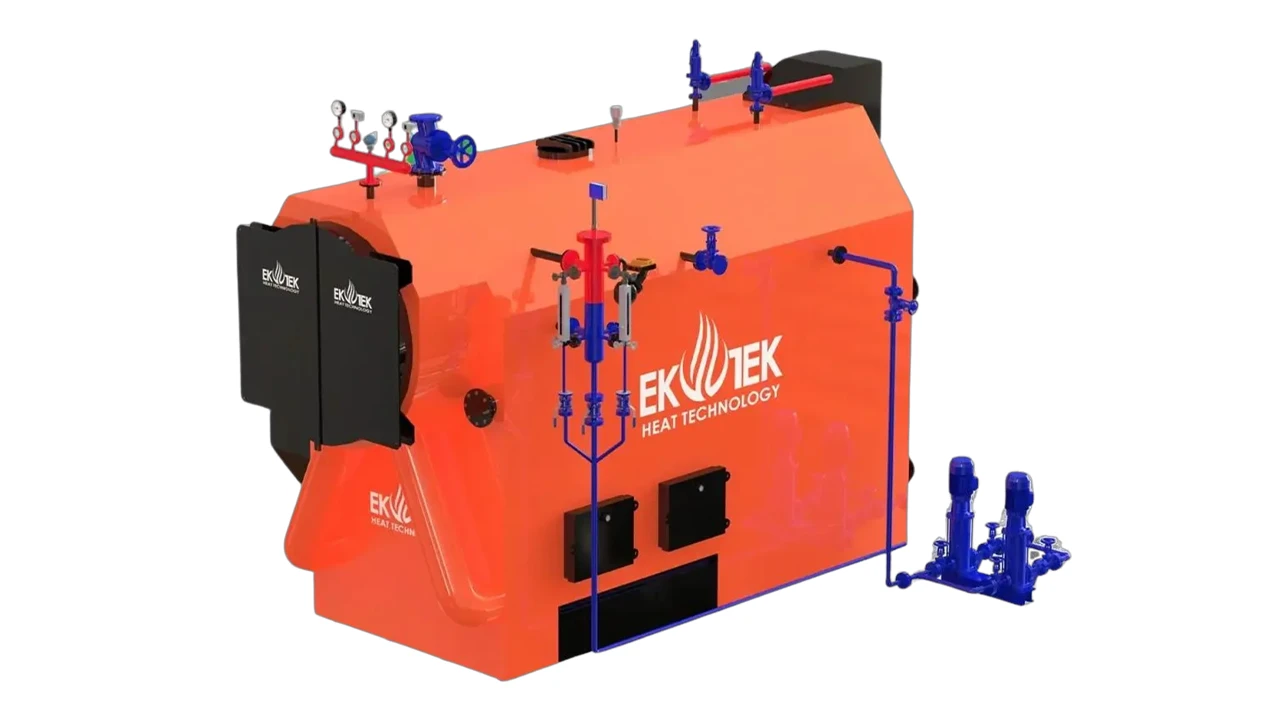Solid Fuel Hot Water Boiler Working Principle
The fundamental working principle of solid fuel hot water boilers involves the combustion of solid fuels in the combustion chamber of the boiler, resulting in the release of heat energy that is transferred to water. As a result of the combustion process, hot gases are generated and pass around the heat transfer surfaces, which leads to the transfer of heat to the water.
As the water becomes heated, it turns into hot water, which is typically stored in a reservoir. This stored hot water can be drawn upon for various applications, including residential, industrial, or other uses.
Applications of Solid Fuel Hot Water Boilers
Solid fuel hot water boilers are commonly used in the following areas:
Homes and Residential Buildings: They are used to provide heating and meet hot water demands for households.
Agricultural and Livestock Facilities: These boilers are preferred for heating purposes and greenhouse heating.
Industrial Facilities: They find use in heating, process heating, or energy generation in industrial settings.
Solid fuel hot water boilers offer environmentally friendly and cost-effective heating solutions that utilize local and natural fuel sources. With proper design, fuel selection, and regular maintenance, they can operate efficiently.

